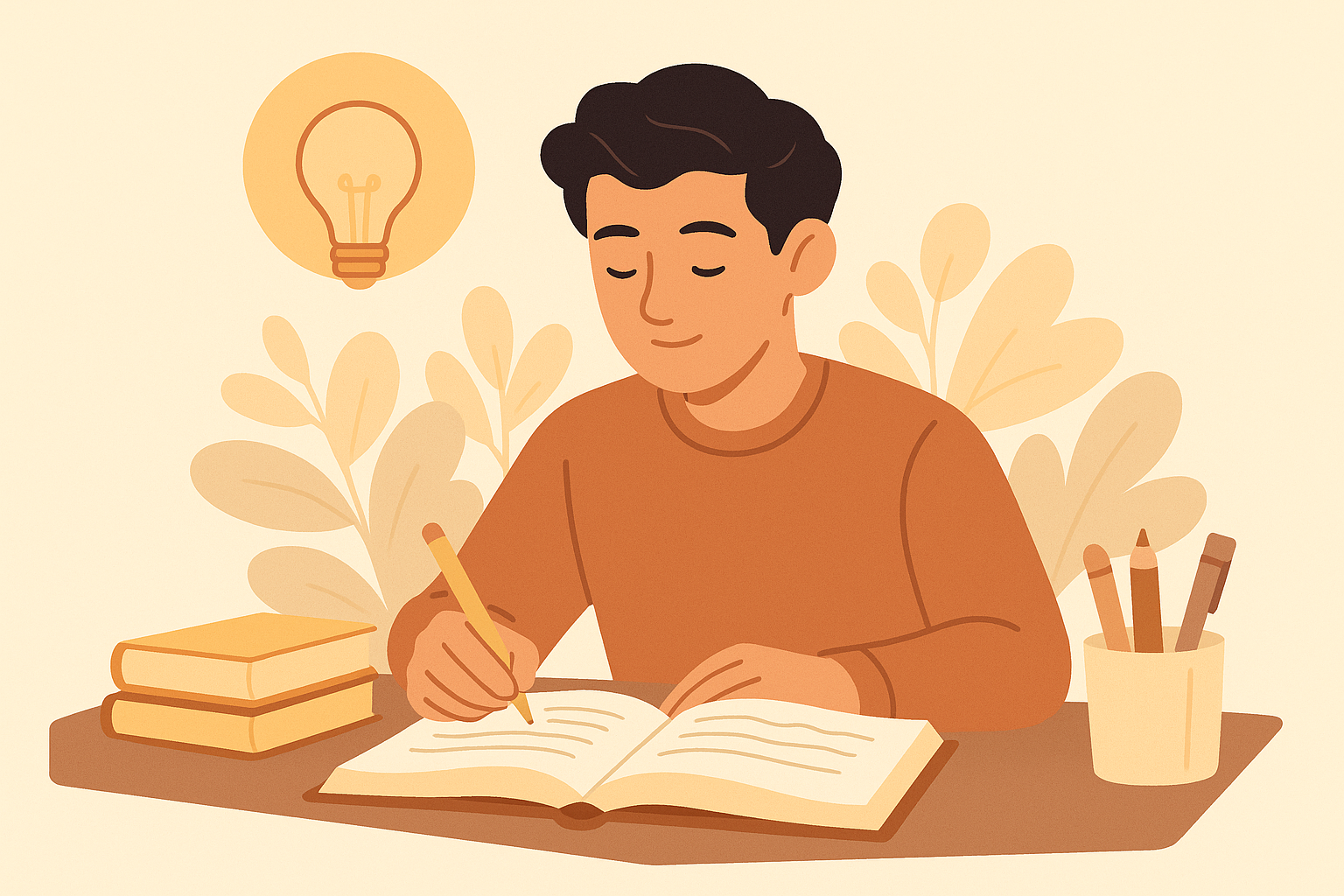How Do You Learn Best? Understanding What Works (and What Doesn't)
Published on June 21, 2025

Have you ever studied for hours, felt like you knew everything, and then struggled on a test? You're not alone!
Have you ever studied for hours, felt like you knew everything, and then struggled on a test? You're not alone! Many students have favorite ways to study, but what feels easy or familiar isn't always what helps us learn best in the long run. Let's explore the difference between how students often prefer to learn and what research shows is truly effective.
What Students Often Prefer (But Might Not Be Best)
Many of us have a "learning style" – maybe you like seeing pictures (visual), listening (auditory), doing hands-on activities (kinesthetic), or reading and writing notes. While it's good to know how you like to take in information, studies show that simply teaching to one specific style doesn't necessarily make you learn better.
Some of the most common study habits are actually not very effective:
Rereading: Reading your notes or textbook over and over again is a popular method. It can make the material feel familiar, giving you a false sense that you've learned it well, but it doesn't lead to deep understanding or good recall.
Highlighting/Underlining: Marking up your text is also very common. However, if you highlight too much, it can be a passive activity that doesn't help you truly grasp the ideas.
Cramming: Studying intensely the night before an exam might help you remember things for a short time, but you quickly forget the information. It's not good for long-term learning.
The problem is that we often feel like we're learning when we use these easier methods, but our actual knowledge gain might be low. This "feeling" can make us stop studying too soon, thinking we've mastered the material when we haven't.
What Really Works: Smart Study Strategies
Research in how our brains learn points to some powerful strategies that are much more effective:
Practice Testing (Retrieval Practice): This is like quizzing yourself without looking at your notes. You can use flashcards (but don't flip them too soon!), practice questions, or just try to recall information from memory. This effort to retrieve information actually strengthens your memory pathways, making it easier to remember later. It's "very effective" for remembering facts and understanding material.
Distributed Practice: Instead of cramming, spread your study sessions out over time. For example, study for 30 minutes each day for a week, rather than three hours the night before a test. This "spacing effect" helps you remember information for much longer by fighting the natural tendency to forget. It's also considered "very effective".
Elaborative Interrogation & Self-Explanation: These involve asking yourself "why" a fact is true or "how" new information connects to what you already know. Explaining concepts in your own words helps you link new ideas to old ones, leading to a deeper understanding.
Interleaved Practice: This means mixing different types of problems or topics in one study session, instead of doing all of one type before moving to the next. For example, in math, you might mix different kinds of algebra problems instead of doing 20 of the same type. This helps your brain learn to identify different problem types and choose the right solution.
Active Learning: This is a broader approach where you're not just passively listening or reading. It involves doing things like discussions, group work, experiments, or solving problems. Students who engage in active learning tend to perform better on tests and understand things more deeply.
Beyond Methods: Other Important Factors
Learning isn't just about the techniques you use. Other things play a big role:
Motivation: Your interest and drive to learn are like "fuel" for your learning.
Emotional State: Feeling stressed or anxious can make it harder to focus and learn, while positive emotions can help.
Learning Environment: A quiet, comfortable space with support from teachers and peers can make a big difference.
Technology: Tools like online quizzes, videos, and collaborative platforms can make learning more engaging and accessible. However, technology can also be a big distraction if not used wisely.
The Takeaway
To learn effectively, try to move beyond just rereading or highlighting. Embrace active, effortful strategies like quizzing yourself and spreading out your study time. These methods might feel a bit harder at first, but they lead to much stronger, longer-lasting learning. By understanding how you learn best, you can become a more successful and confident learner for life.